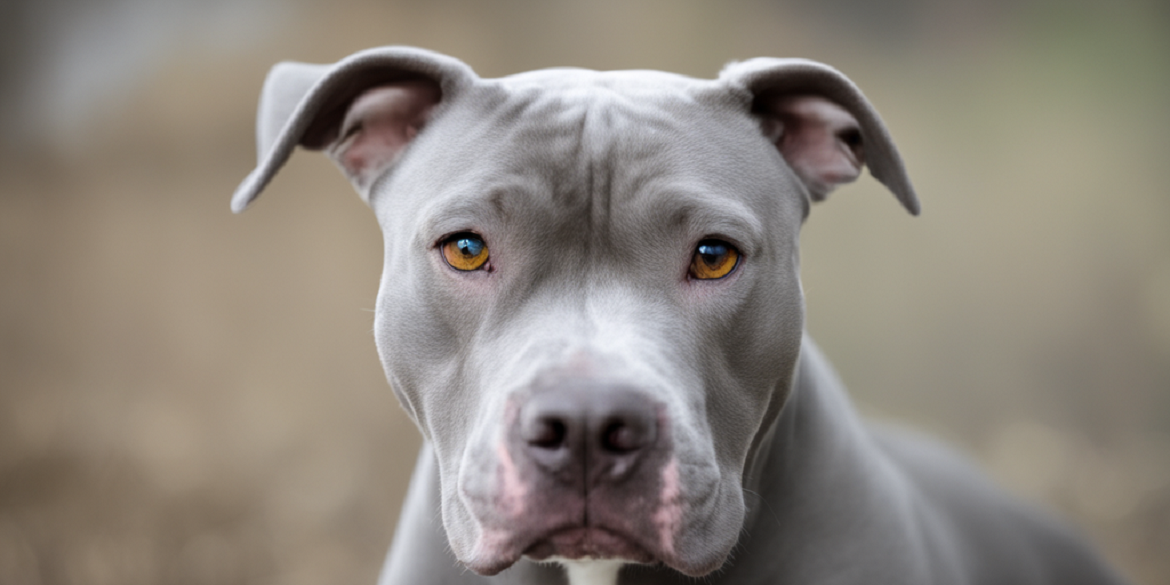In a world where canine companionship has become an integral part of our lives, it’s crucial to address a question that often stirs up debate: Are there truly “bad” dogs, or are we simply looking at the wrong end of the leash? Let’s embark on a journey to understand why there are no bad dogs, only bad owners, and how nurturing the right environment can transform any furry friend into a loving and well-behaved companion.
A Dog’s Nature
First and foremost, it’s essential to recognize that dogs, regardless of breed, are not born “bad.” They are products of their environment and upbringing. Just like humans, dogs have innate instincts, but their behavior is shaped by influences around them. Dogs may display aggressive or destructive tendencies, but these are typically responses to fear, anxiety, or a lack of guidance.
Dogs have a natural inclination to please their owners. They thrive on structure, routine, and positive reinforcement. When they exhibit undesirable behavior, it’s typically a cry for help or a reflection of their surroundings. Thus, it’s crucial to avoid labeling dogs as “bad” based solely on their actions.
The Role of Owners
Now, let’s turn our attention to the other side of the equation: the owners. Dogs rely entirely on their human companions for care, guidance, and a loving environment. It’s the owners’ responsibility to understand their pets’ needs, provide proper training, and foster a loving connection.
- Training and Socialization: Dogs require training and socialization from an early age. Properly socialized dogs are less likely to exhibit aggressive behavior. They learn to interact with other dogs and humans, which is crucial for their mental and emotional development.
- Exercise and Stimulation: Dogs, irrespective of breed, require physical and mental stimulation. A lack of exercise can lead to pent-up energy and destructive behavior. Regular walks, playtime, and engaging toys can help channel their energy in a positive direction.
- Consistency and Routine: Dogs thrive on routine and consistency. Clear boundaries and expectations help them feel secure and confident. Inconsistent training or mixed signals can confuse dogs, leading to undesirable behavior.
- Positive Reinforcement: Punishment-based training methods can create fear and aggression in dogs. Positive reinforcement, on the other hand, rewards good behavior with treats, praise, and affection. This approach encourages dogs to repeat desirable actions.
The Human-Canine Bond
The relationship between a dog and its owner is unlike any other. Dogs have an uncanny ability to sense their owners’ emotions and react accordingly. When an owner provides love, trust, and care, dogs respond in kind. Conversely, neglect or mistreatment can lead to anxiety, aggression, or behavioral issues.
Many cases of so-called “bad” dogs can be traced back to traumatic experiences or a lack of proper care. Abandoned or abused dogs may develop trust issues and exhibit aggressive behavior as a defense mechanism. In these instances, it’s not the dog that’s “bad” but the circumstances they endured.
Rehabilitation and Redemption
One of the most heartwarming aspects of the canine world is the capacity for rehabilitation and redemption. Dogs that have been through challenging situations can transform into loving and well-behaved companions with the right guidance and care.
Rescue organizations and shelters across the globe are filled with stories of once-troubled dogs finding forever homes and flourishing. These stories serve as powerful reminders that there are no inherently bad dogs—only those who need a second chance.
Breed Stereotypes and Misconceptions
Breed stereotypes can perpetuate the misconception of “bad” dogs. Certain breeds, like pit bulls and Rottweilers, often face unfair discrimination due to misconceptions about their inherent aggression. In reality, a dog’s behavior is largely a product of their upbringing and environment, not their breed.
It’s essential to remember that breed does not determine a dog’s temperament. All dogs, regardless of their breed, can be wonderful and loving companions when provided with the right care and training.
Legal Implications
Understanding the truth that there are no bad dogs, only bad owners, has implications beyond personal relationships. Legal systems worldwide are increasingly recognizing the role of owners in shaping their dogs’ behavior. Laws related to dog ownership and liability are evolving to reflect this perspective.
Owners are held responsible for their dogs’ actions, which reinforces the idea that proper training and care are essential. This shift in perspective has led to more dog-friendly policies and greater emphasis on educating owners about their responsibilities.
Closing Thoughts
The belief that there are no bad dogs, only bad owners, is not just a platitude; it’s a fundamental truth rooted in the understanding of canine behavior. Dogs, by their very nature, are loving, loyal, and eager to please. When they exhibit undesirable behavior, it’s usually a reflection of their environment and upbringing.
As responsible dog owners, it’s our duty to provide our furry friends with the love, care, and training they need to thrive. By doing so, we can unlock the full potential of our canine companions and foster deep and lasting bonds that bring joy and fulfillment to our lives. Remember, there are no bad dogs, only opportunities for growth, understanding, and unconditional love.

Sorry, the comment form is closed at this time.